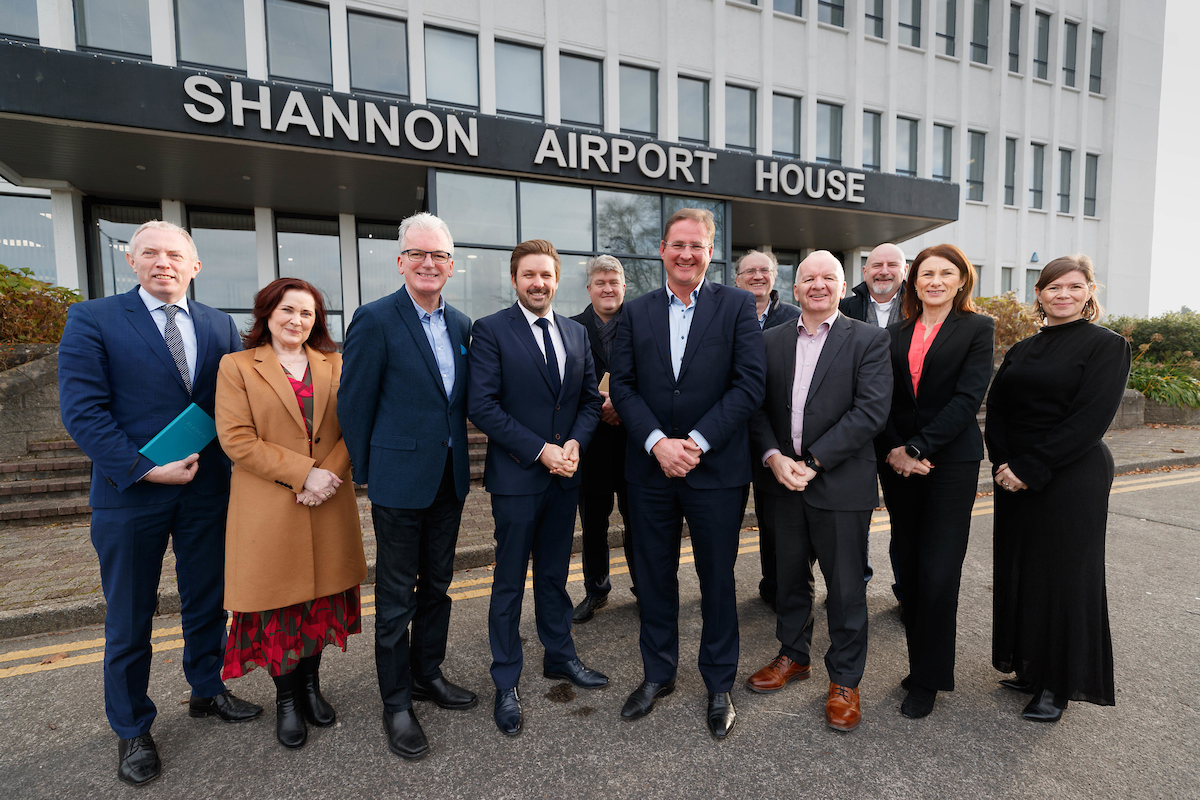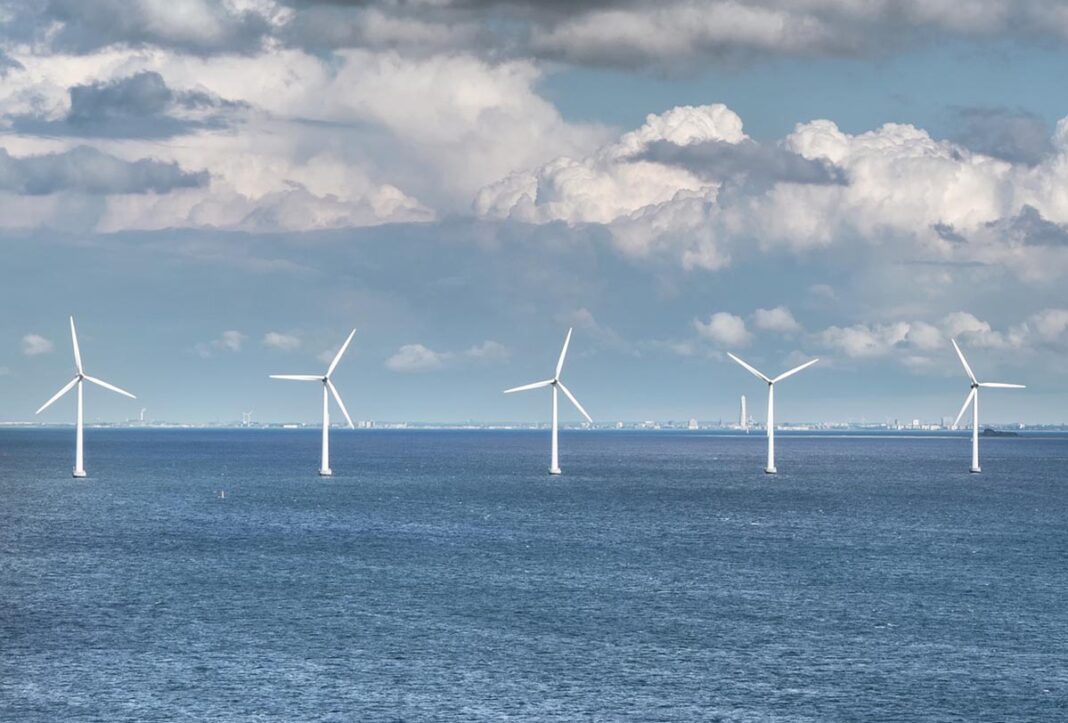The president of Shannon Chamber has called on Government to expediate policy to enable Ireland to capitalise on the enormous opportunity the floating offshore wind sector offers the country.
Eoin Gavin’s comments follow Following a briefing by the chair of the Shannon Estuary Economic Task Force (SEETF), Barry O’Sullivan, to Clare local Oireachtas representatives, Shannon Chamber board members, the CEO of the Western Development Commission (WDC) and members of the Task Force, held at Shannon Chamber’s offices.
“Ireland is already lagging behind many of its European neighbours in this sector and, with the development of floating wind continuing at increasing pace around the world, the risk of being left behind cannot be contemplated,” he stated.
“To bring power onshore by 2032, floating turbines need to be built, deployed, and maintained; we need a detailed plan and the infrastructure.
“Our ask, as a Chamber, is that floating wind be included in Phase 3 of the Future Framework Policy, scheduled for issue in Q1, 2024; designated maritime area plans (DMAPs) to zone Ireland’s Atlantic waters be undertaken, and a 400MW floating wind demonstrator be included in the schedule of Renewable Energy Support Scheme (RESS) auctions.
“If Ireland is serious about developing floating offshore wind, these three key criteria must be actioned,” said Gavin.
“As stated at the meeting, the Shannon Estuary is the only place that can support the building of floating wind turbines at scale. It has an extensive electricity and gas network, and deep water next to plentiful land available for industrial development. The potential to create new opportunities for economic development, not previously possible, is immense, yet the critical steps to make this a reality have not yet happened,” he added.
“Shannon Foynes Port requires Connecting Europe Facility (CEF) funding to develop the required infrastructure. The next call for proposals is imminent and if this window is not met, the result will be a four-year delay until the next funding call in 2028. Time is critical,” said Gavin.
“DMAPs are a critical element of developing the sector. As stated at the meeting, Clare County Council has the executive expertise to commence this mapping process and these skills should be utilised to get the process underway.
“Shannon Chamber, via its links with the Atlantic Economic Corridor (AEC), which has officers deployed in local authorities along the western seaboard, will, in conjunction with the WDC, also examine the potential of utilising this mechanism to acquire the skillsets needed to produce DMAPs.
““We simply cannot lose this window of opportunity. While many other facets of developing this sector need to be addressed, most notably the creation of a dedicated agency with the expertise to accelerate its implementation, unless the first key critical steps commence, the sector cannot develop at pace.
“The opportunity is so great for Ireland, it needs to be expediently capitalised on,” added Mr Gavin.

